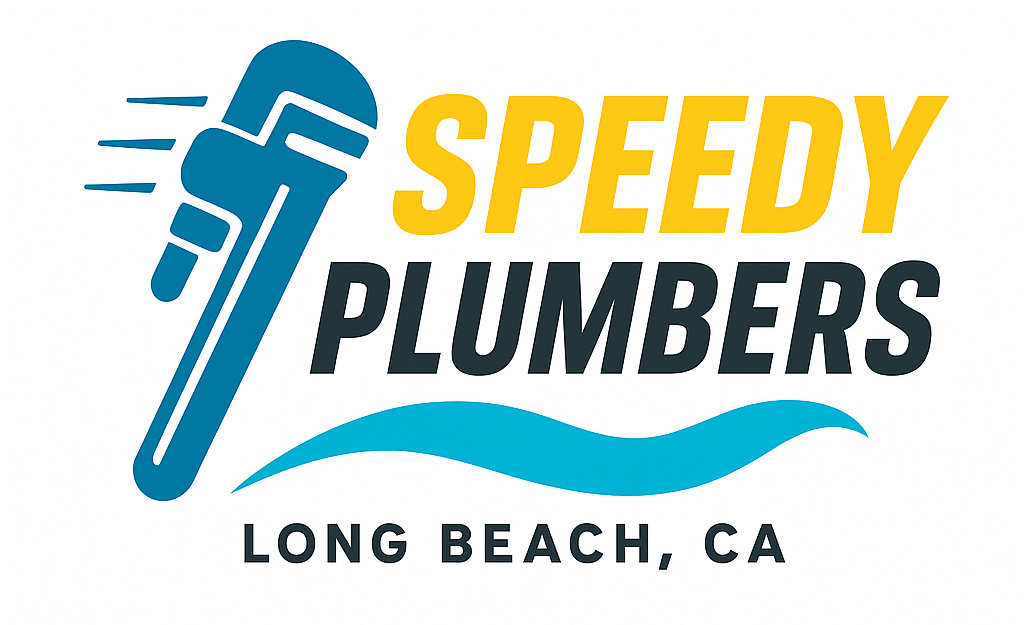Slab leaks are among the most frustrating plumbing issues homeowners can face. They occur when water pipes beneath the concrete foundation of your home develop leaks. Because they are hidden under the slab, they often go undetected until they cause costly damage.
But what exactly causes a slab leak? Several factors can contribute, and knowing these causes can help you take proactive steps to protect your home.
In this guide, we’ll break down the most common slab leak causes, why they matter, and how you can address them before they escalate.
For a full overview of what slab leaks are, the signs, and possible solutions, you can also check out our in-depth slab leak guide.
Why Understanding Slab Leak Causes Matters
Slab leaks aren’t just about wasted water—they can compromise your home’s foundation, damage flooring, and create long-term moisture problems like mold.
By understanding the underlying causes, you can:
- Detect early warning signs faster
- Prevent expensive repairs
- Make smarter choices about maintenance and plumbing care
1. Ground Movement
One of the biggest culprits behind slab leaks is ground movement. The soil beneath your home isn’t static—it shifts over time.
Causes of Ground Movement
- Natural settling: As homes age, the soil beneath the foundation settles unevenly. This uneven pressure can stress pipes.
- Earthquakes and seismic activity: Even minor tremors can shift the ground enough to crack or weaken pipes.
- Moisture changes: Expansive soils, such as clay, swell when wet and shrink when dry. This constant expansion and contraction stresses buried pipes.
Why It Matters
When the ground moves, it places direct pressure on plumbing lines. Over time, this leads to cracks, ruptures, or small leaks that worsen as the movement continues.
2. Corrosion
Another leading cause of slab leaks is corrosion. Pipes buried underground are constantly exposed to soil, water, and natural elements that wear them down.
Factors That Lead to Corrosion
- Soil chemistry: Certain soils contain high levels of minerals or chemicals that accelerate pipe decay.
- Water quality: Highly acidic or alkaline water flowing through pipes can erode them from the inside out.
- Aging pipes: Over decades, pipe materials naturally weaken and corrode. Copper pipes, in particular, are highly vulnerable to pitting corrosion.
The Result
Corroded pipes thin over time, eventually giving way to pinhole leaks or major breaks beneath the slab.
3. Poor Installation
Unfortunately, not every plumbing system starts off on the right foot. Improper installation during construction is a hidden cause that often doesn’t surface until years later.
Examples of Poor Installation
- Pipes installed with kinks or dents that weaken structural integrity
- Use of low-quality materials that wear out faster
- Improperly placed pipes that endure excess stress from the foundation
Long-Term Impact
Even if poorly installed pipes work fine for years, they are more likely to fail prematurely, creating hidden leaks beneath your slab.
4. High Water Pressure
Your plumbing system is designed to handle water pressure within a safe range. When the pressure is too high for too long, the pipes bear the brunt of the stress.
How High Water Pressure Affects Pipes
- Continuous pressure weakens pipe walls
- Joints and bends—naturally weaker points—become prone to leaks first
- Even small leaks can quickly escalate under constant force
Signs of High Water Pressure
- Banging or knocking sounds in your pipes
- Leaky faucets or running toilets
- Premature wear on appliances like dishwashers and water heaters
5. Vibrations and External Forces
It’s easy to overlook outside forces when thinking about plumbing problems, but vibrations from external activity can cause long-term damage.
Sources of Vibrations
- Heavy road traffic near your home
- Ongoing construction projects in the area
- Use of heavy machinery or equipment nearby
Why Vibrations Matter
Constant vibrations weaken pipe connections and accelerate natural wear. Over time, even durable pipes can develop leaks beneath the slab.
How to Prevent Slab Leaks
While not every cause of slab leaks can be controlled, there are proactive steps you can take to minimize risks:
- Monitor water pressure with a pressure regulator
- Schedule routine plumbing inspections to spot early signs of corrosion or leaks
- Address soil and drainage issues around your foundation
- Stay alert to slab leak warning signs like warm spots on the floor, unexplained water bills, or the sound of running water when no taps are open
If you suspect a problem, don’t wait until it grows worse. Professional help can identify the leak and provide lasting solutions.
When to Call a Professional
Slab leaks are not a DIY repair. Because they occur under your foundation, they require specialized tools and expertise to detect and fix.
If you’re noticing possible slab leak symptoms, reach out to an experienced plumber right away. Learn more about professional slab leak repair services and what the process involves.
You can also contact our team directly for help diagnosing and resolving slab leaks in Long Beach and surrounding areas.
Final Thoughts
Slab leaks can stem from multiple causes—ground movement, corrosion, poor installation, high water pressure, and even external vibrations. Understanding these factors gives you an edge in preventing and addressing leaks before they spiral into major problems.
Being proactive about plumbing maintenance and calling a professional at the first sign of trouble can save you time, money, and stress.
For a deeper dive into slab leaks, check out our comprehensive homeowner’s guide to causes, signs, and solutions.
